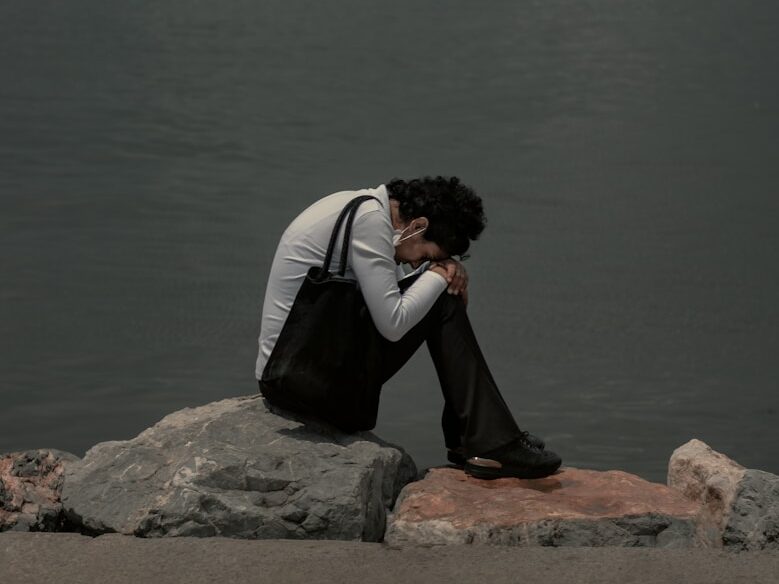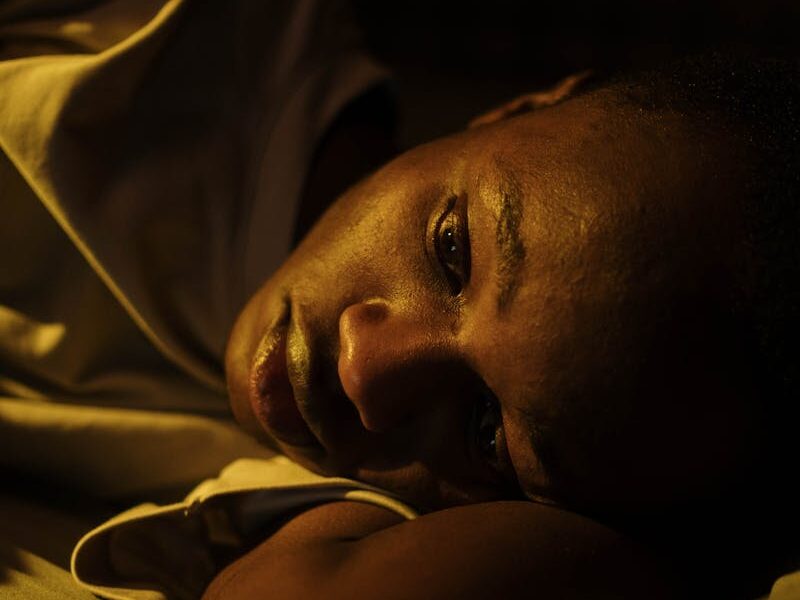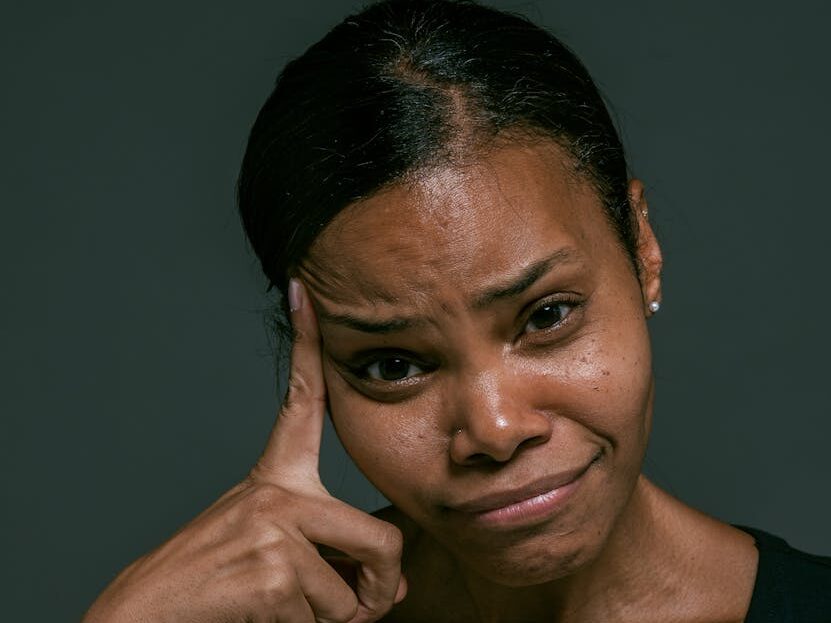
The past never fully disappears. Childhood shapes how you think, love, and react, even years later. Some of those lessons help you. Others quietly hold you back. You may believe you’ve moved on, yet certain habits and fears trace straight back to your younger years. These signs don’t mean you’re broken. They simply show that the child you once were still whispers in the choices you make today.
You Struggle to Trust People

If trust was broken often when you were young, you may find it hard to hand it over now. Promises that went unkept or affection that felt uncertain leave a mark. As an adult, you hold people at arm’s length, always waiting for them to disappoint you. It feels safer that way, but it can also keep you from building the closeness you quietly long for.
Conflict Makes You Shut Down

Homes where arguments meant shouting or punishment teach children to hide. Instead of speaking up, you shut down, go quiet, or walk away. Your partner or friends might see it as indifference, but really, it’s fear. Your childhood taught you that fighting led to pain, and now even small disagreements trigger old survival patterns.
You Overthink Every Mistake

Some kids grow up believing they have to be perfect to be loved. If that pressure was on you, mistakes as an adult feel bigger than they are. You replay them, pick apart every detail, and struggle to let go. It’s not just about what went wrong. It’s about the fear that one slip could make people pull back. That fear often traces back to childhood expectations.
You Fear Abandonment Deeply

When love felt conditional in childhood, the fear of being left never really fades. In adulthood, that fear shows up in clinginess, jealousy, or constant worry that people will walk away. Even small changes in tone or behavior from loved ones can spark panic. The root isn’t today’s relationship but yesterday’s wounds. A child who felt disposable becomes an adult desperate not to be left behind.
You Strive to Please Everyone

Kids who learned that approval was earned often carry that habit into adulthood. You find yourself saying yes when you want to say no. You put others’ needs before your own because disappointing someone feels unbearable. It looks like kindness, but it often comes from fear. Deep down, you still chase the validation you needed as a child, hoping that people won’t turn away if you keep them happy.
You Avoid Talking About Feelings

In some families, emotions weren’t safe. Maybe you were told to toughen up or stop crying. As an adult, that training lingers. You swallow your feelings rather than risk rejection or judgment. People may see you as calm or guarded, but underneath is a child who learned emotions weren’t welcome. Avoiding them feels safer, but it also cuts off the chance to be fully understood.
You Keep Repeating Old Relationship Patterns

If chaos was normal in your house, part of you may unconsciously seek it out again. You might end up drawn to partners who mirror what you grew up with, even if it hurts. Stability can feel strange, while tension feels familiar. It’s not that you want to repeat old pain. It’s that your childhood wired you to think love comes with a struggle attached.
You Fear Success as Much as Failure

Children who were criticized no matter what they did often grow up wary of both failure and success. Failing confirms the harsh words they heard, while succeeding makes them fear envy or new expectations. As an adult, you may hold back your potential, staying small to avoid attention. The fear isn’t really about the outcome. It’s about bracing for the judgment you expect will follow.
You Feel Responsible for Everyone Else

Some kids grow up too fast, taking care of siblings or even parents. That sense of responsibility becomes a lifelong habit. As an adult, you may feel guilty if you’re not carrying everyone else’s weight. You jump in to fix problems that aren’t yours, often at your own expense. It’s hard to shake because deep down, the child in you still believes survival depends on it.
You Struggle With Self-Worth

If you rarely heard encouragement growing up, self-worth doesn’t come naturally now. Compliments bounce off because you don’t fully believe them. Achievements feel hollow because you never learned to celebrate yourself. You may constantly compare yourself to others and come up short in your own eyes. That low sense of value is not the truth about you. It’s the echo of childhood voices that never affirmed you.
You React Strongly to Criticism

Not all criticism feels equal. For someone whose childhood was filled with harsh words, even gentle feedback in adulthood can cut deep. A boss’s comment or a friend’s suggestion may leave you shaken for days. It isn’t just about the moment. It’s about all the times you were told you weren’t good enough. Old wounds make today’s criticism sting far more than it should.
You Struggle to Say No

If you were punished or guilted as a child for setting boundaries, you may still hesitate to say no now. Agreeing feels safer, even when it drains you. You fear people’s disappointment or anger because it reminds you of past conflict. Saying yes becomes the default. It takes real effort to unlearn that habit and believe your needs matter as much as anyone else’s.
You Find Comfort in Escaping Reality

Some kids grew up in homes that didn’t feel safe, so they learned to escape into books, games, or daydreams. As an adult, those escapes may turn into habits like binge-watching, scrolling endlessly, or working nonstop. It’s less about laziness and more about survival patterns that never faded. When reality feels stressful, you slip back into the comfort of distraction, just as you did years ago.
You Have a Hard Time Trusting Yourself

If your choices were always second-guessed as a child, you may grow up doubting your own judgment. Even simple decisions can feel overwhelming. You ask for reassurance, check with others, or avoid deciding at all. That lack of confidence isn’t really about the choice in front of you. It’s about an inner voice that still expects to be told you’re wrong, just like before.
You Feel Like You’re Still Proving Yourself

When love and approval weren’t freely given in childhood, you spend adulthood trying to earn them. You push yourself harder, achieve more, and keep striving, hoping to finally feel enough. Yet the goalpost keeps moving. No matter what you accomplish, the child inside you whispers that it’s not sufficient. That endless drive is less about ambition and more about searching for the acceptance you missed.

